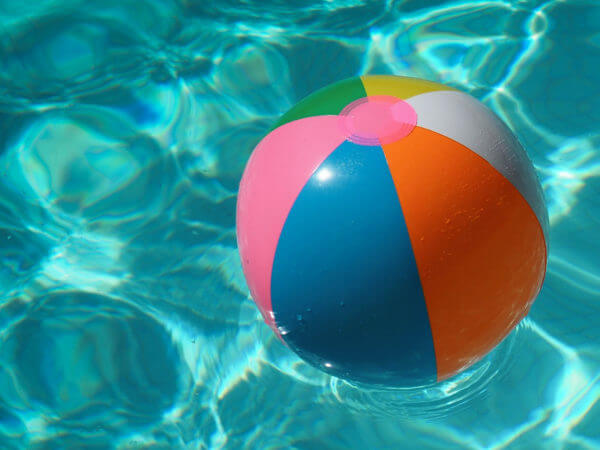Rolls-Royce: The “Bee Thrive” project
The challenge
Roll-Royce handle a large quantity of high-grade engine parts. To ensure they are not damaged in transit, significant volumes of packaging, including wooden crates, are required to protect them.
As part of their commitment to reduce their environmental impact, Rolls-Royce have a waste reduction target of 25% by 2025. In support of this, a project was established to develop a use for some of the waste packaging.
Solution
A project team was established and, having considered multiple options, they agreed that the waste wooden crates used in the packaging should be upcycled, converted into outdoor planters and located on Rolls-Royce sites in Bristol and Hucknall.
As they were to be planted with a variety of native wild-flowers, they were named “Bee Thrive” planters.
Outcome
The project has encouraged the company to think creatively about environmental resource management, the circular economy and the waste hierarchy.
In addition, the planters are helping promote the health and wellbeing of Rolls-Royce staff by improving everyday outdoor spaces.
Having successfully completed a pilot program, the project team is considering rolling planters out across the Rolls-Royce estate – this could see a total of 280 introduced across 14 sites nationwide.
Other information
- Food waste will be converted into a digestate (a nutrient-rich substance produced by anaerobic digestion) and used to fertilise the planters.
- Planting a variety of native wild-flowers improves biodiversity and creates a habitat for wild pollinators.
Read next

Case study: Rail company reduces food waste by 80%
Working in partnership with Mitie, Network Rail have installed a food waste digester that can convert food waste into biomass in just 12 hours.

Recycling excellence with Parkdean Resorts
Parkdean Resorts is the largest holiday park operator in the UK – they needed an innovative Waste Management Provider that could manage their entire estate.
Bidfood appoints Mitie to support their waste reduction strategy
Mitie will boost sustainability for food wholesaler Bidfood as part of a new five-year contract covering all aspects of waste management.
 Skip to content
Skip to content
